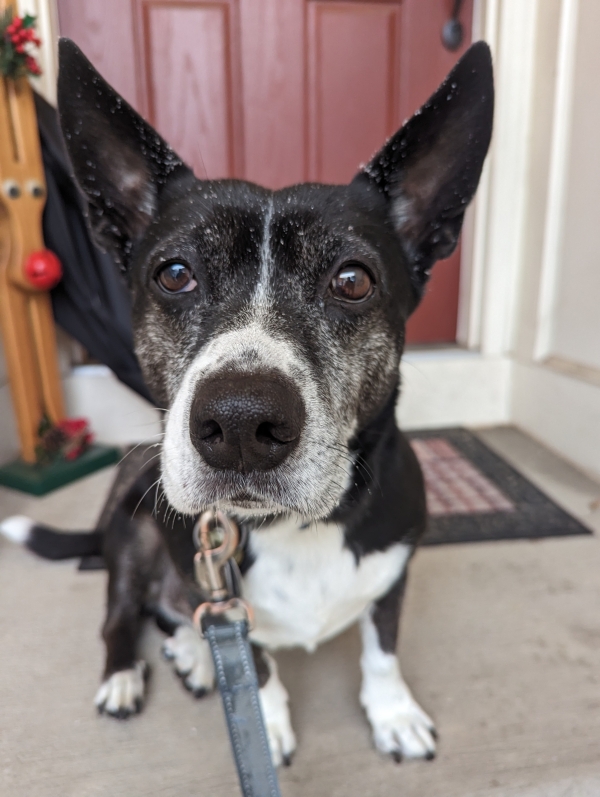From Rachel Toor
I hear this all the time: no matter what role you've had before, you don't know what it's like to be president (or chancellor) until it's your butt in that seat. I suspect it's a little like Alice finding herself in Wonderland:
“She generally gave herself very good advice (though she very seldom followed it), and sometimes she scolded herself so severely as to bring tears into her eyes; and once she remembered trying to box her own ears for having cheated herself in a game of croquet she was playing against herself, for this curious child was very fond of pretending to be two people."
Leaders talk about this duality, of pretending or needing to be two people, one on each side of the comma that separates a job title from a proper name.
Not long ago I heard a leader, who, when asked about work/life balance, said she found it more useful to think about find work/life integration. My hunch is the key is to know who you are, where you are, and whom you serve.


